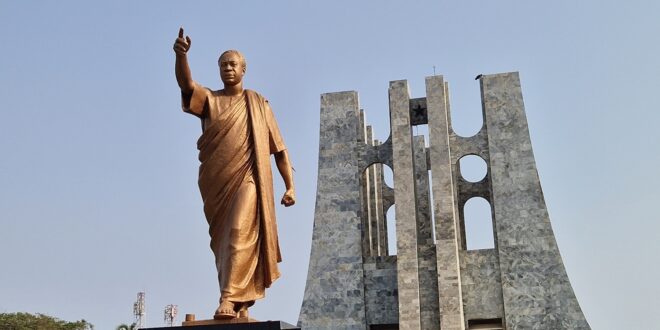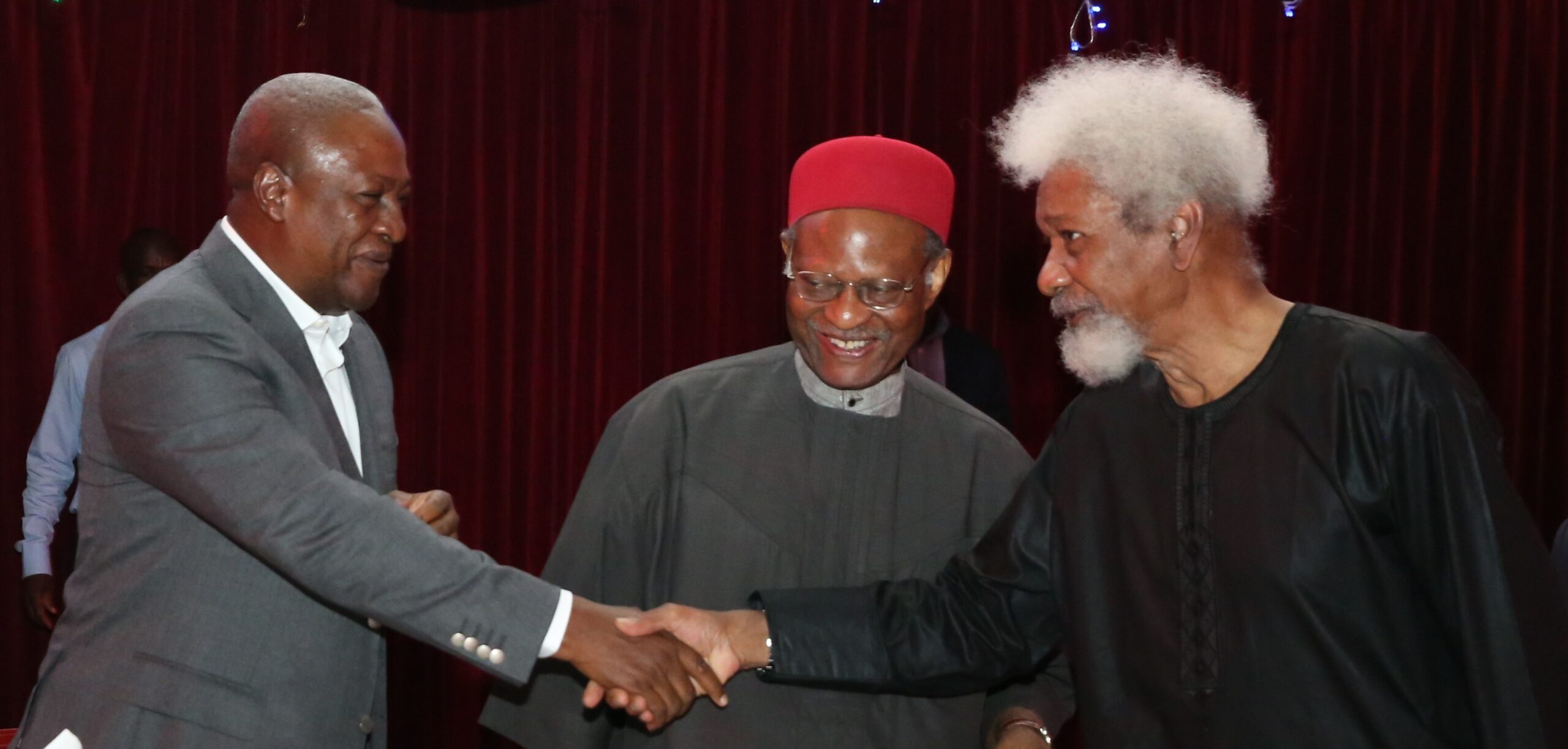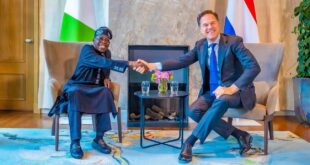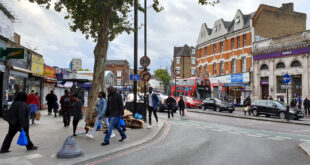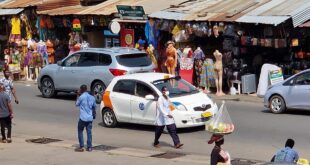Ghana’s founding president, Dr Kwame Nkrumah, died on 27 April 1972. To mark the 48th anniversary of his death, our senior contributing editor and author, Jojo Cobbinah, writes from Accra on a brilliant African intellectual and committed leader who did not spend his time marrying countless women, building mansions or stashing millions in foreign banks. Jojo (72), who witnessed Nkrumah’s era as a young student, explains why the Ghanaian leader’s vision remains the most viable formula for the emancipation of Africa till today.
—
“The independence of Ghana is meaningless, unless it is linked to the total liberation of the African continent.”
In the aftermath of the five hundred years of trauma that Africa had gone through, unity, Kwame Nkrumah said, was the only answer to Slave Trade, Colonialism, Imperialism and Underdevelopment.
This was the message Dr Nkrumah had for Africans on Ghana’s independence day on 6 March 1957. Later that year, I remember coming home from a meeting of the Ghana Young Pioneers. There was a slogan on my lips. We had learned it in a song that day in our youth camp: Nkrumah never dies. I kept singing it all day.
My father, a conservative, religious Ghanaian, was outraged. And he was not the only one, for the Catholic Church of Ghana, my Irish and American teachers and a large section of the Ghanaian population were equally outraged. Their opinion was that these words were blasphemous. Only Jesus Christ did not die, and Kwame Nkrumah was pretending to be God! How shocking. I didn’t sing that song again.
24 February 1966, Accra. A terse voice announced on Radio Ghana: “The military, in co-operation with the Ghana Police, have taken over the government of Ghana today. The myth surrounding Kwame Nkrumah has been broken”. Thus ended the political life of a man who remained an enigma in one way or the other to most people.
To some, he was a revolutionary with a vision, a statesman, a patriot, Africa’s finest. To others, he was a communist agent, a dictator, a show-off, a charlatan. To still others, he was just a power-drunken Ghanaian who simply wanted to be the first President of Africa.
27 April 1972, Bucharest. Kwame Nkrumah died quietly of skin cancer in a Romanian hospital. He was only 61 years old. At the time, Rude Pravo, the official organ of the Czech Communist Party announced Nkrumah’s death in a five-line press release. That was all the news was worth.
Surprising for a man who, in the Western press, was purported to be a leftist crony of the communist world. Nkrumah, democratically elected, was considered so dangerous that his overthrow was engineered and financed by the American CIA.
Ghanaians from all walks of life and many other Africans celebrated at the time because they believed what others told them about a personality that was hardly understood by his own folks. It always happens to prophets who really have a message. Away with him, they told us. And we obliged, even applauding. Nkrumah, they said, would ruin Africa. Better times would come after him, they promised. Life was hard enough, so we believed and hoped. That was 1966.
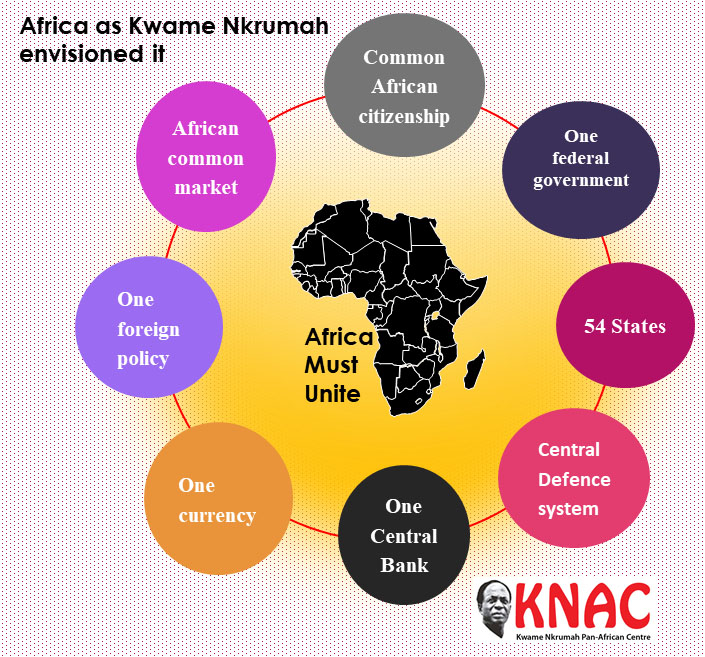
Accra, 1958. Ghana had just become independent. Kwame Nkrumah adjourned a Conference of All African People and demanded nothing short of the creation of a Union of African States, with a common parliament, a common military high command, a common currency, common flag, common government, common citizenship, common development strategies.
In the aftermath of the five hundred years of trauma that Africa had gone through, unity, he said, was the only answer to Slave Trade, Colonialism, Imperialism and Underdevelopment. Unity would catapult our continent into a millennium of peace and development. The Africans of those days could not believe their ears. The news was too good to be true. So Africa went back to business as usual and did not bother to even discuss the issue. Life became harder still for all.
Unlike Africa’s one dimensional leaders of the time, Europe’s leaders had listened attentively and were scared. All the more so when Patrice Lumumba also came along singing to a similar tune. It was time to act. The likes of Nkrumah and Lumumba had to be stopped before they became dangerous.
Europe had just fully convalesced from World War II and did not want any experiments. Be that as it may, some of her politicians with foresight were already dreaming of the same things that Nkrumah and a few other farsighted Africans were earnestly talking about.
Europe’s politicians also said a united Europe could avoid future wars and accelerate progress. Six of them even began a Common Market of some sort. Africans and everybody else thought they were joking, but the leaders were convinced of the rightness of their idea and went ahead anyway.
1 January 2002. The Euro as a common currency is here to stay, the European Union is more than real. The Union now consists of 27 member countries. Since its existence, no more wars have been fought among Europe’s truly warlike people. Borders within the EU have become obsolete, and a European military command is already in operation. Europe’s troops have proved their mettle in Bosnia, Kosovo and Macedonia and will become even effective in the near future.
New, bigger, more comfortable planes for their soldiers are on the drawing boards and they will fly to Africa to keep order when the time comes. In a recent series on Europe in Der Spiegel, the German news weekly, the Prime Minister of Luxembourg described the European Union as the best thing that could ever happen to Europe.
Meanwhile, Africa’s 53 independent states are still in the wilderness. The union that they started talking about in 1958 is still a mirage. Her myopic, selfish leaders continue to grope about for a magic wand to dispel the problems that they themselves largely helped to create.
Their poor citizens flee to a united Europe for a better life.
In the middle of all this jumble, a United America, China, Europe, as well as a United Russia come and offer Africans all kinds of recipes on how to forge ahead. The only word they never put in their mouth is African Unity.
They often tell us it is an impossible thing to do. Worst of all, many Africans believe them, failing to recognise the fact that the White man’s scepticism about African unity is not sincere. The present powers in the world know perfectly well that the day Africa unites, they will have to draw up new strategic plans. So, whenever necessary, they bribe some of our leaders to keep them amenable to their own designs. Mobutu, Bokassa and Savimbi were good examples.
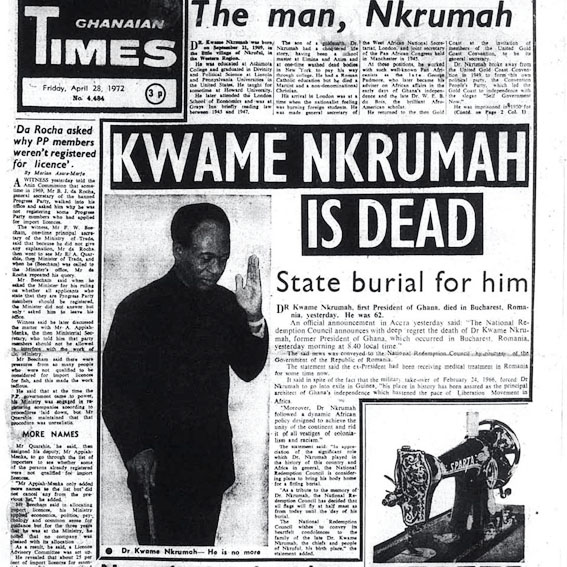
All along, meetings upon meetings are held, plans upon plans are drawn, regional unions after regional unions are formed in Africa but unity never gets closer. What else must happen before our leaders understand that, just as in Europe, unity is a question of peace or war? How can issues like democracy, good governance, free borders, poverty be effectively tackled, if not within a continental framework?
Once upon a time, an African was invited to a European party. It was his first time dining with White people: forks and knives and so forth. He did not know how to comport himself. So he asked one of his White friends what to do. “That is easy”, the friend replied. “Simply do what the neighbour to your right does and you will be alright.”
The day of the party came. Our African guest dressed up nicely and went to meet the European world. The Europeans lavished compliments on him for his dashing clothes. He was moved by the charm and friendliness of all around. Then food was served. His neighbour to the right reached for a bottle of milk and poured some into a saucer. Our African friend did the same. Then the white man placed the saucer with the milk under the table. His cat was waiting at his feet. So then, there sat our poor African with his milk in the saucer. He had no cat under the table. Cut and close the curtain.
Nkrumah had taught us to uplift the African Personality and to avoid just such situations. Yet, there are still too many of us who think we can sit at the same table and behave like our rich friends do. If disunity has not brought us far since independence, why don’t we try something new? Or are afraid of our own shadows? Mind you, nobody said unity would solve all problems. Nkrumah certainly didn’t. It never does. But doesn’t the European experience prove that there is merit in unity? Whoever has a better idea should come forward and tell us about it.
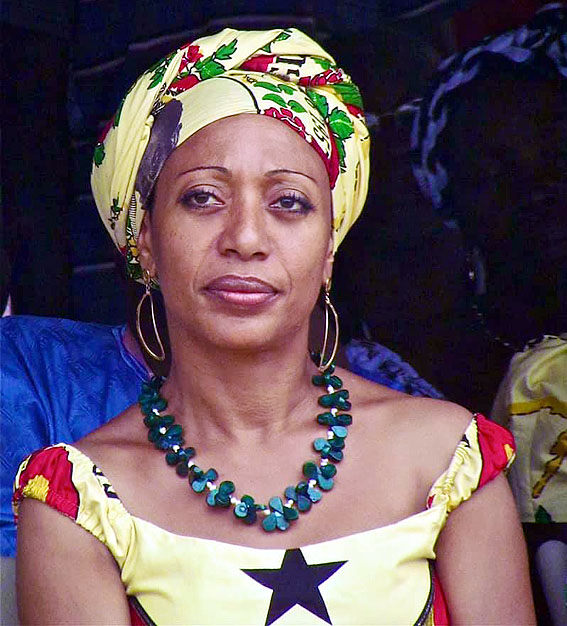
London, 2000. A media survey organised among Africans living in Great Britain votes Kwame Nkrumah as Africa’s foremost politician of the twentieth century! How could a man who had allegedly ruined his country become Africa’s greatest son? Something must be wrong somewhere.
By the way, as far as Nkrumah is concerned, these days Ghanaians are very sensitive about him. Most of us are ashamed to admit that we were foolish enough to believe the stories aliens had told us in the past.
On the 48th anniversary of Nkrumah’s death, there is a consensus across party lines in Ghana today that what the CPP said some forty years ago was not blasphemy. The real meaning of the song I so enjoyed singing has finally dawned on us. That is why we stand up today to declare with conviction that Nkrumah will never die!
Just one more reminder. Not a few Africans view Nkrumah solely as a politician. They have completely missed the fact that this man was a brilliant African intellectual who did not spend his time wooing countless women, building mansions or stashing millions in foreign banks. This was a committed activist whose every act was closely related to the emancipation of Africa.
On the 48th anniversary of his death, let us stand up and repeat with Kwame Nkrumah that Africa must unite! Let us take inspiration from the books he wrote.
Books by Kwame Nkrumah are:
Africa must unite
Challenge of the Congo
Class struggle in Africa
Consciencism
Dark days in Ghana
Handbook of revolutionary warfare
I speak of freedom
Neo-Colonialism, the last stage of Imperialism
Revolutionary path
The struggle continues
Towards colonial freedom
Voice from Conakry
All published by Panaf Books Ltd, 243 Regent Street, London WIR 8PN.
 THE AFRICAN COURIER. Reporting Africa and its Diaspora! The African Courier is an international magazine published in Germany to report on Africa and the Diaspora African experience. The first issue of the bimonthly magazine appeared on the newsstands on 15 February 1998. The African Courier is a communication forum for European-African political, economic and cultural exchanges, and a voice for Africa in Europe.
THE AFRICAN COURIER. Reporting Africa and its Diaspora! The African Courier is an international magazine published in Germany to report on Africa and the Diaspora African experience. The first issue of the bimonthly magazine appeared on the newsstands on 15 February 1998. The African Courier is a communication forum for European-African political, economic and cultural exchanges, and a voice for Africa in Europe.

